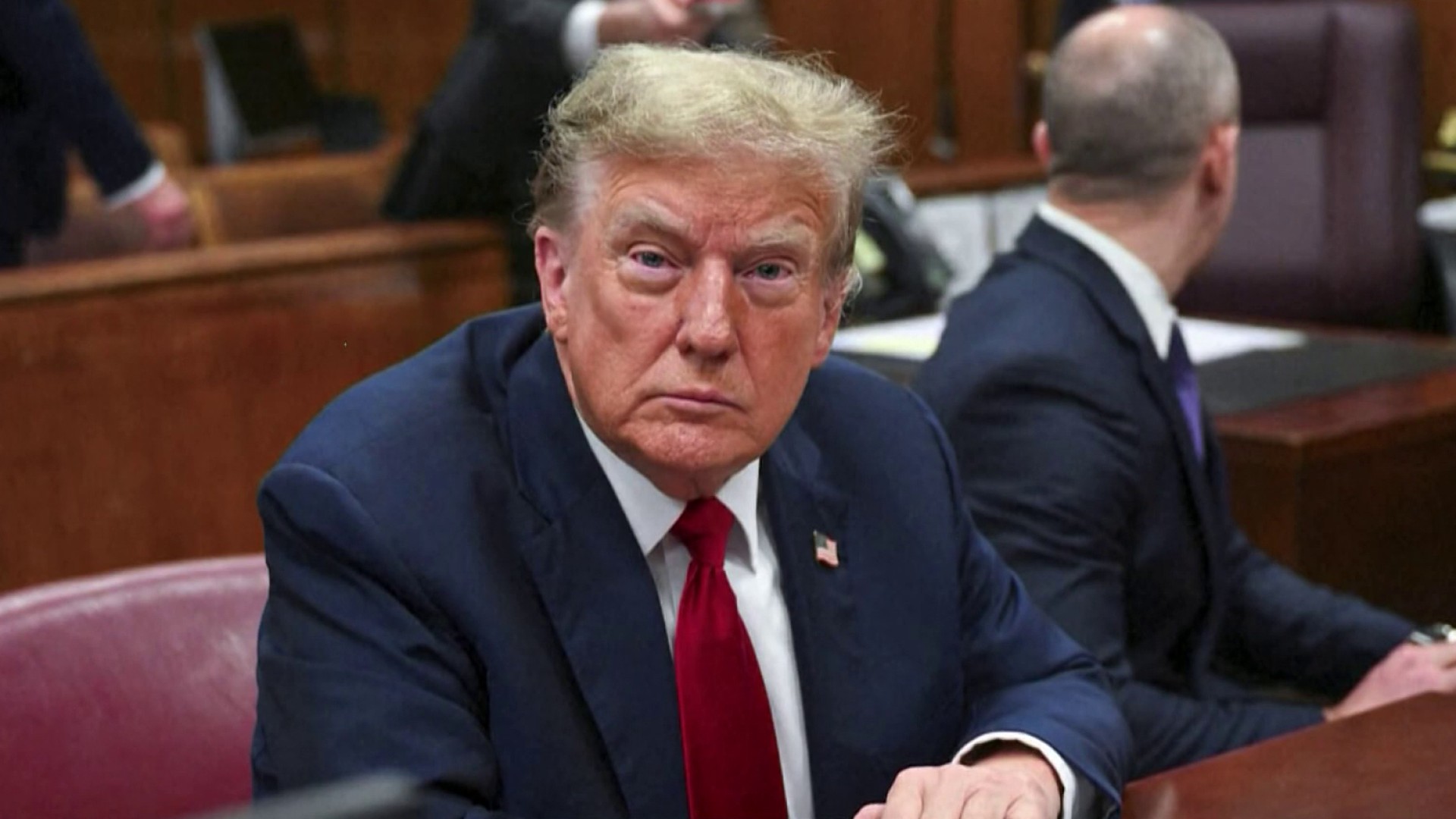Last week, after roughly two years of negotiations, the U.N. Security Council adopted a landmark agreement to curb Iran’s nuclear program.
The resolution, which experts hope will have the ripple effect of reshaping relations between Iran and the West, places restrictions on Iran’s nuclear program and lifts sanctions placed on the country.
“It’s a very good agreement,” said Gloria Duffy, President and CEO of the California Commonwealth Club and former Department of Defense official. She aided nuclear negotiations between the U.S. and the former Soviet Countries in the 1990’s, and negotiated a nuclear non-proliferation agreement with North Korea.
“It’s probably the most thorough, well-thought-out nuclear non-proliferation agreement the United States has ever negotiated,” she said.
But whether or not the deal moves forward rests in the hands of the United States Congress, experts say.
The agreement binds together seven countries—China, Russia, France, Germany, Great Britain, the United States and Iran.
Approval by each of those countries is the next step.
Politics
“Each has their own different process for going through that,” Duffy said. Sanctions will not be lifted until the agreement goes into force, she added.
China and Russia have authoritative governments, so decisions by leaders of those nations are likely already made, experts say.
Great Britain, Germany and France have parliamentary governments, so decisions by those nations' prime ministers and presidents already reflect a majority party or coalition. Dissent there is unlikely, says Kori Schake, a research fellow at Stanford University’s Hoover Institution.
Gloria Duffy adds that support is also likely from Iran’s supreme leader, Ayatollah Ali Khamenei.
“Iran is a sufficiently unified government,” she said. “The agreement would not have been concluded the way that it was without the sense that it would be approved by all elements of the Iranian government.”
That leaves the United States.
Congress has 60 days to review the terms of the deal and approve, disapprove or take no action.
The only way to derail the agreement at this time is for Congress to disapprove, Schake said.
“I think there will be significant defections from the president’s own party in the Senate, and I think a lot of Republicans will vote against [the agreement] in both houses,” she added. “But I do not believe enough members of Congress will vote against it that could override a presidential veto.”
Overriding a president veto would require a two-thirds majority in the Senate. That means 13 Democrats would need to vote against the president and their own party.
“It’s a pretty high bar” says Duffy.
And an unlikely outcome, Schake added.
One major selling point for the agreement is the “snap back” provision, in which sanctions would be put back in place if Iran violates the agreement, Schake said.
However, the likelihood that those sanctions will “snap back” as quickly as the White House promises is low, she adds.
European nations have borne the heaviest political and economic burden absent Iranian oil, she said. It has made those countries more dependent on Russian oil and gas, a hard pill to swallow given Russia’s “behavior” in Ukraine, Schake added.
Then there’s the situation in Greece.
“With the third Greek bailout of almost a trillion dollars on the horizon, I think Europeans will be very hesitant to re-impose sanctions,” Schake added.
Russia’s economy is “groaning” under the sanctions put in place since the invasion of Ukraine, she said. “I almost can’t imagine circumstances in which Russia agrees to re-impose sanctions on Iran,” she added.
Once the deal is approved, Duffy says its success will hinge on Iran’s ability to “normalize” relationships with the countries that signed the agreement—especially the United States.
“In my opinion, the more that a fabric of a relationship between the U.S. and Iran develops as a result of this agreement, the more likely it will be that the Iranians will adhere to the agreement over time and that it will remain in force and be successful,” she said.



